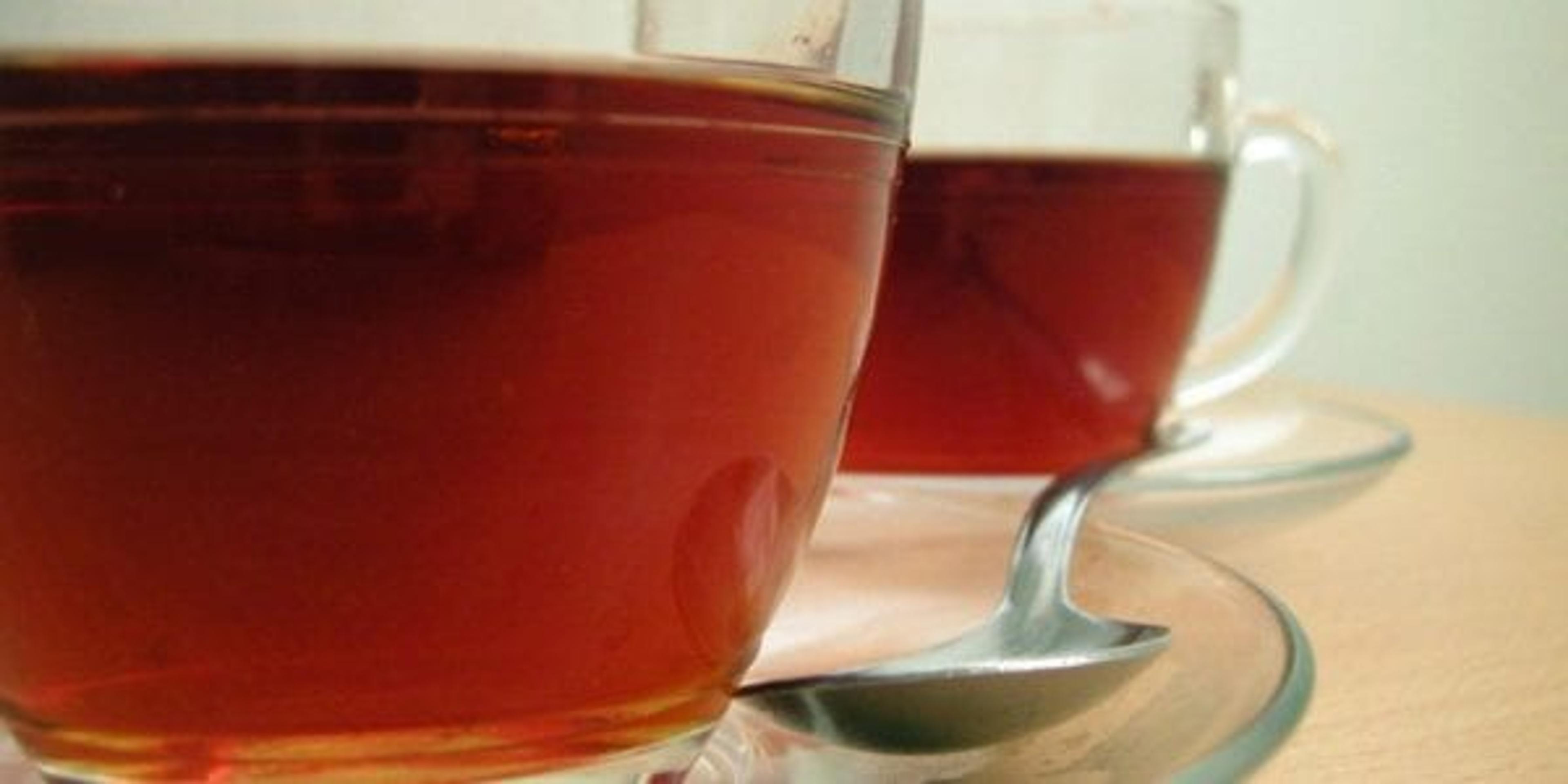A Beginner’s Guide to Health-Boosting Teas

Whitney Hatcher
| 2 min read

Teas come in many varieties; some are strong, some are bitter, some are sweet, and, believe it or not, they are not all the same. Consumed around the globe, tea has provided delicious therapeutic wellness to many cultures. Drinking a cup of the right kind of tea could help with a plethora of health problems. Check out our beginner’s guide to health boosting teas:
- Improves bone mineral density and strength
- Burns fat
- Contains cancer preventing antioxidants
- Helps reduce the risk of neurological disorders like Alzheimer’s, Dementia and Parkinson’s diseases
- Can reduce the risk of stroke, and improves cholesterol levels
- Great source for weight loss
- Kills the bacterium that causes plaque, tooth decay, and bad breath
- Can prevent new fat cells from developing and encourage the breakdown of fat in existing fat cells
- Fights signs of aging, like wrinkles
- Stops plaque from clinging to your teeth
- May help prevent diabetes
- Natural breath freshener
- Helps stop belly fat before it starts
- Great tea for allergies
- Prevents hay fever and allergy attacks from happening
- Relieves annoying allergy symptoms like stuffy nose, sneezing and itchy eyes
- Great for sustaining weight loss
- Boosts metabolism (helping you burn fat faster)
- Has polyphenols that help block fat-building enzymes.
- Relieves cold and flu symptoms
- Boosts your immune system
- May help prevent blood clotting and reduce cholesterol
- Helps fight heart disease
- Reduces inflammation
- Can help stop onset pain of a headache
- Great for heart health
- Antioxidants in safflower help prevent heart disease by decreasing inflammation in your arteries
- Reduces the amount of time it takes for you to fall asleep and is a safe alternative to sleep aids
- Can reduce stress and anxiety
- Helps aid depression, mild tremors, epilepsy, ADHD, and chronic fatigue syndrome (CFS)
- Great source for muscle and joint pain
- Used to help soothe menstrual cramps and symptoms associated with menopause, including hot flashes and anxiety
Be careful not to overload your tea with sugar, which may negate the benefits. For more information on healthy teas, check out, Breaking Down Tea.
Do you drink tea regularly? Have you noticed any health benefits? Let us know in the comments below!
Photo Credit: Tea for Two





